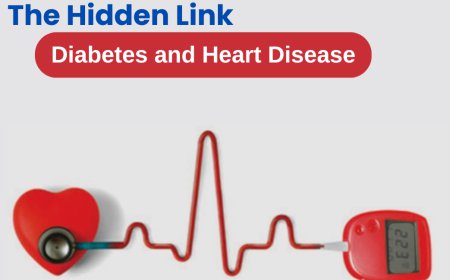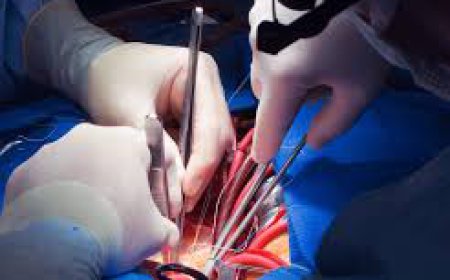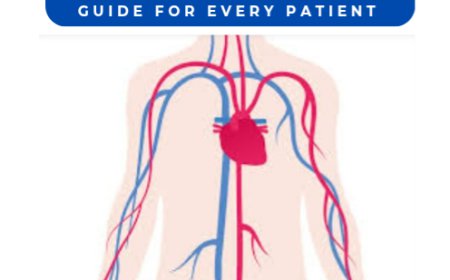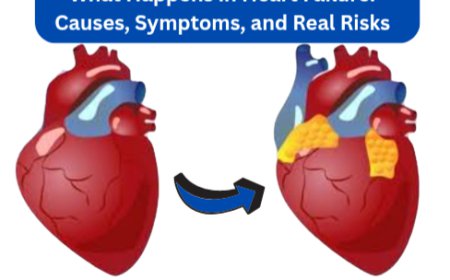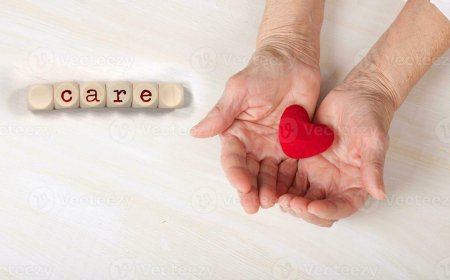Nursing with Heart – A Guide to Compassionate Cardiac Care
Nursing with Heart – A Guide to Compassionate Cardiac Care for Dr. Dhiren Shah
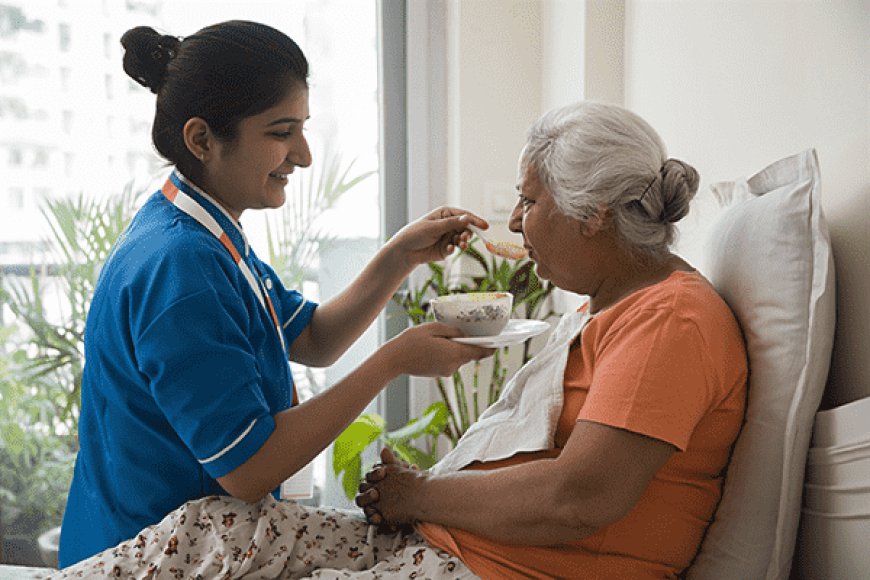
“Nursing with Heart” – A Guide to Compassionate
Cardiac Care
Inspired by the Practices of the nursing team of Dr. Dhiren Shah, Senior Cardiac Surgeon, Marengo CIMS Hospital, Ahmedabad
Introduction: Why Nursing is the Soul of Healing
In a hospital, doctors operate. Machines monitor. Medicine heals.
But it is nurses who comfort, communicate, and carry patients through recovery—physically and emotionally.
Especially in cardiac care, where patients face life-changing surgeries, your role as a nurse is not just clinical—it is profoundly human. This guide helps you deliver care that’s not only skilled but compassionate, respectful, and emotionally intelligent.
1. Meet the Patient with Empathy, Not Just a File
Patients coming for heart surgery are often anxious, confused, or emotionally fragile. Your first words and body language set the tone.
Do:
-
Smile when you greet them, even if you’re wearing a mask—your eyes speak.
-
Call them by name. Never “bed number 8.”
-
Use soft, respectful tone—even with difficult patients.
-
Observe signs of fear. Don’t dismiss trembling hands or tearful silence.
Don’t:
-
Rush your introductions
-
Use medical jargon with patients or family
-
Show frustration with repetitive questions
2. Before Surgery – Be Their Anchor
Pre-operative patients often imagine worst-case scenarios. Nurses can ease this by offering clarity and calm.
What You Can Do:
-
Explain routines: fasting hours, line insertions, clothing changes
-
Reassure without over-promising: “You are in safe hands; everything is ready and monitored closely.”
-
Accompany them emotionally to the OT. A gentle hand on the shoulder or a few kind words make a huge difference.
3. In the ICU – The Human Touch in a Machine World
After surgery, patients wake up disoriented, often in pain, surrounded by tubes and beeping monitors. This is when your presence matters more than your procedures.
Key Nursing Practices:
-
Speak even if the patient is sedated. Say their name, the time, where they are: “You’re in the ICU. Surgery is over. You’re safe.”
-
Always inform before touching: “I’m cleaning your chest now,” or “I’ll adjust your line.”
-
Keep noise levels low. ICU doesn’t mean “cold.”
-
Maintain eye contact when explaining even simple actions.
-
Reposition gently. Treat their body with respect, especially when they cannot resist or respond.
4. Supporting the Family – Nurses Bridge the Emotional Gap
In cardiac units, families often look to nurses for real updates and emotional support.
Do:
-
Acknowledge their worry: “I understand how hard this must be.”
-
Explain routines: “We check vitals every 15 minutes right now.”
-
Share positive progress when appropriate: “Your mother’s oxygen levels are improving.”
-
Be honest if you don’t know: “Let me check with the doctor and update you.”
Don’t:
-
Use vague phrases like “fine” or “normal”—be specific but sensitive
-
Avoid them out of fear of questions
5. The Basics of Humane Nursing Care (Always)
Whether it's a minor procedure or a major surgery, these rules apply:
A. Speak Gently
Every sentence should convey reassurance, clarity, and care.
B. Respect Privacy
When changing dressings or cleaning, draw curtains, and maintain dignity—even when they are unconscious.
C. Be Mindful of Pain
Don’t wait for patients to complain. Monitor facial expressions, restlessness, and signs of distress. Promptly alert the doctor if pain is inadequately controlled.
D. Never Gossip or Joke About Patients
Even when unconscious or sedated, patients deserve complete respect.
6. Special Situations: What Compassion Looks Like
When a Patient is Dying or Critically Ill:
-
Sit with them if time allows—even just a few minutes.
-
Inform the family early and gently.
-
Avoid abrupt or cold announcements.
-
Offer tissue, water, and time. Don’t rush them out of the ICU.
When a Patient is Recovering:
-
Encourage small wins: “Today you sat up for the first time! That’s progress.”
-
Motivate gently: “Let’s try a few steps together.”
-
Celebrate improvements: A smile, a clap, a kind word.
7. Take Care of Yourself Too
You can’t pour from an empty cup. Nursing in cardiac ICUs is intense. Emotional burnout is real.
Self-Care Tips:
-
Take short breathing breaks
-
Share your feelings with senior nurses or a peer group
-
Eat proper meals and hydrate
-
Get enough rest after shifts
-
Recognize signs of emotional fatigue
A kind nurse begins with kindness to themselves.
8. Leadership by Example
Senior nurses are mentors. Junior staff learn compassion from what they observe more than what they’re told.
Be the Nurse Who:
-
Calms before correcting
-
Explains before instructing
-
Praises before pointing out mistakes
-
Never mocks or dismisses
Culture of care starts at the bedside and spreads across the ward.
9. The Impact of Nursing with Heart
When you care with compassion:
-
Patients recover faster
-
Families trust the hospital more
-
Doctors work more efficiently
-
You feel personal fulfillment, not just exhaustion
Dr. Dhiren Shah often says:
“My surgery succeeds because of my team—and nurses are the pulse of that team.”
You Are the Human Face of Healing
The monitor might be beeping. The machines might be working.
But when a patient opens their eyes after surgery—it’s your voice, your touch, and your eyes they seek first.
Be the reason they feel safe. Be the reason they believe healing is possible.
What's Your Reaction?
 Like
1
Like
1
 Dislike
0
Dislike
0
 Love
0
Love
0
 Funny
0
Funny
0
 Angry
0
Angry
0
 Sad
0
Sad
0
 Wow
0
Wow
0


